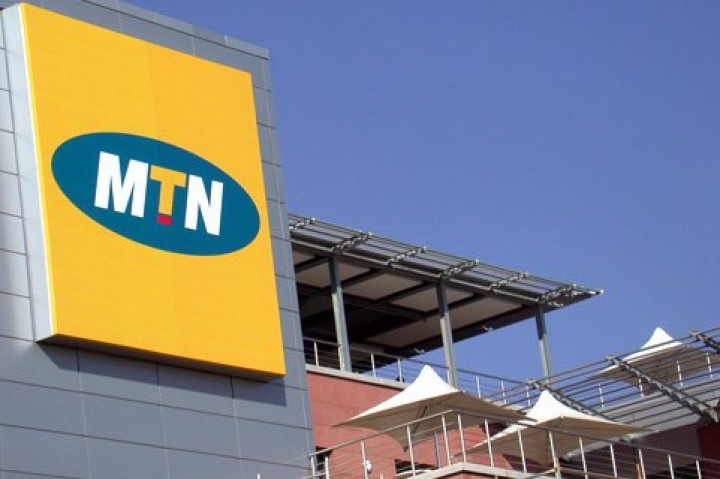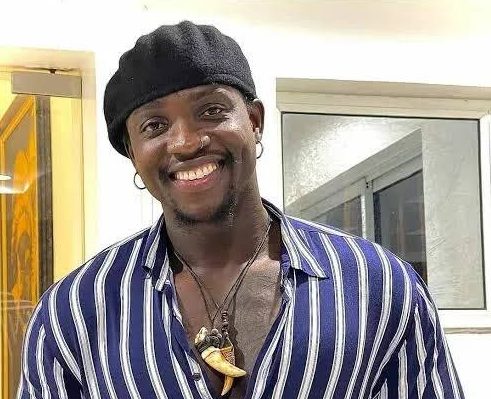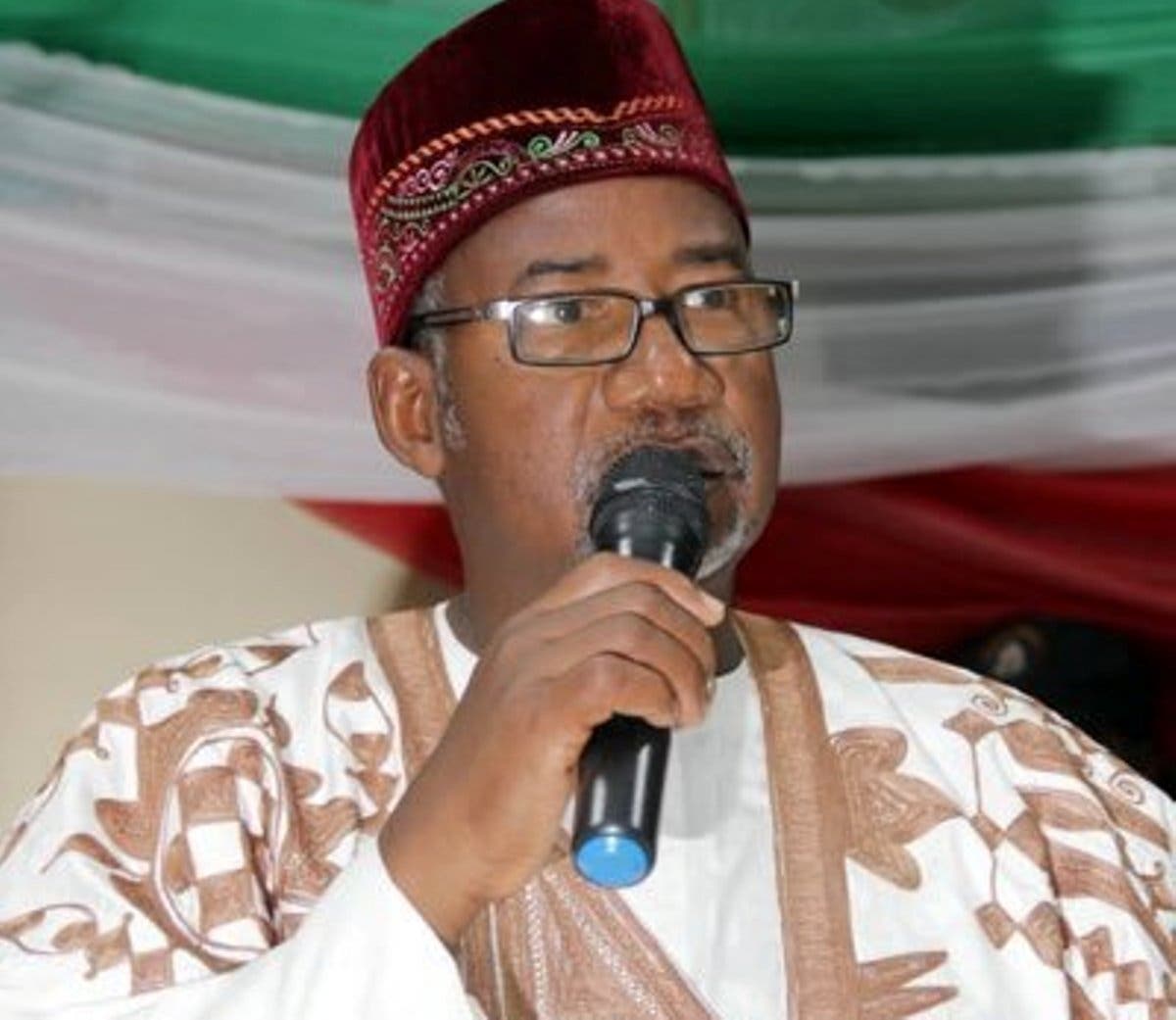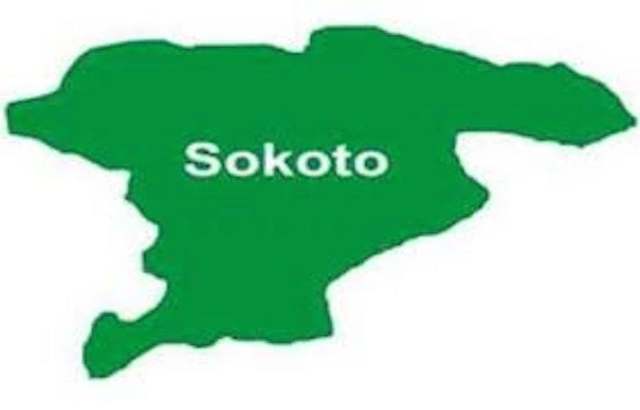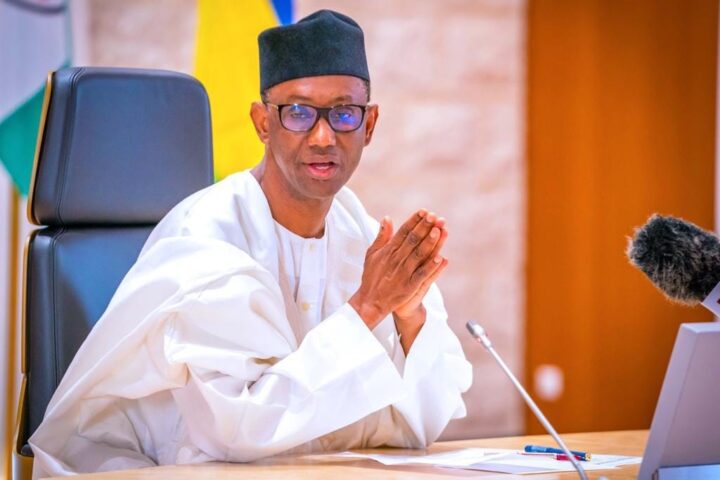Senegal’s anti-establishment candidate Bassirou Diomaye Faye is set to become president after his main rival on Monday recognised his victory in elections that came barely days after he was freed from prison.
The win by the opposition candidate who will be Senegal’s youngest president could trigger a political earthquake with policies that transform the country.
Faye, 44, promised left-wing pan-Africanism and to renegotiate gas and oil contracts, with Senegal due to start production on recently discovered oil and gas reserves later this year.
The opposition candidate has never held a nationally elected position and has not yet spoken publicly since Sunday’s election, which followed three years of unrest and a political crisis.
His main rival from the governing coalition, Amadou Ba, recognised Faye’s win in the first-round of the vote and offered his congratulations, a statement said.
“Considering the trends of the presidential election results and awaiting the official declaration, I congratulate the president Bassirou Diomaye Diakhar Faye on his victory in the first round,” Ba said in the statement.
Government spokesman Abdou Karim Fofana also said that Ba had called his rival to congratulate him.
Faye had appeared clearly ahead of 62-year-old former prime minister Ba, according to provisional results from individual polling stations published by local media and on social networks.
Official results are expected before the end of the week. An absolute majority was required for a first-round win.
Newspaper front pages had already congratulated Faye. “Happy Birthday Mister President,” said the Walf Quotidien, referring to Monday being Faye’s birthday.
Hundreds of jubilant Faye supporters had gathered at his campaign headquarters in the capital Dakar late Sunday.
“It’s a total revolution. Everything is going to change. Behaviourally, socially and financially, everything is going to change,” Coumba Diallo, a singer known as Queen Biz, enthused.
At least 10 of the 17 presidential candidates had earlier Monday congratulated Faye in light of provisional results published by the media.
Deep change
Faye was released from prison 10 days before the election under a rapidly passed amnesty law, together with opposition figurehead Ousmane Sonko.
He had been jailed last year on charges linked to a standoff between Sonko and the state. Sonko was barred from running in the presidential race.
The anti-establishment candidate has pledged to restore national “sovereignty”, fight corruption and distribute wealth more equitably.
He has also promised to renegotiate mining, gas and oil contracts signed with foreign companies.
“I remain confident about the choice for the change that I am able to embody better than any other candidate,” Faye said as he voted Sunday.
Ba pitched himself as the continuity candidate for outgoing President Macky Sall.
Both contenders presented themselves as the best candidate for young people in a country where half the population is under 20.
Postponement
Senegal was originally due to vote on February 25, but an 11th-hour postponement by Sall triggered the worst political crisis in decades and violence that left four dead.
Around 7.3 million of Senegal’s 18 million population were eligible to vote.
With the country viewed as a beacon of democracy in coup-hit West Africa where Russia is strengthening its influence, the election has been closely followed.
Hundreds of observers from civil society, the African Union, the ECOWAS regional group and the European Union were on hand.
The head of the EU mission, Malin Bjork, said voting had taken place “calmly, efficiently and (in a) very orderly manner”.
After weeks of confusion, Senegal’s top constitutional body overruled Sall’s attempt to delay the vote until December and forced him to reset the date to March 24, resulting in a rushed campaign that clashed with the Muslim fasting month of Ramadan.
Sall’s legacy includes mass arrests, persistent poverty, 20 percent unemployment and thousands of migrants setting off on the perilous voyage to Europe each year.
Several episodes of unrest triggered partly by the stand-off between Sonko and the state have seen dozens killed and hundreds arrested since 2021.
AFP


